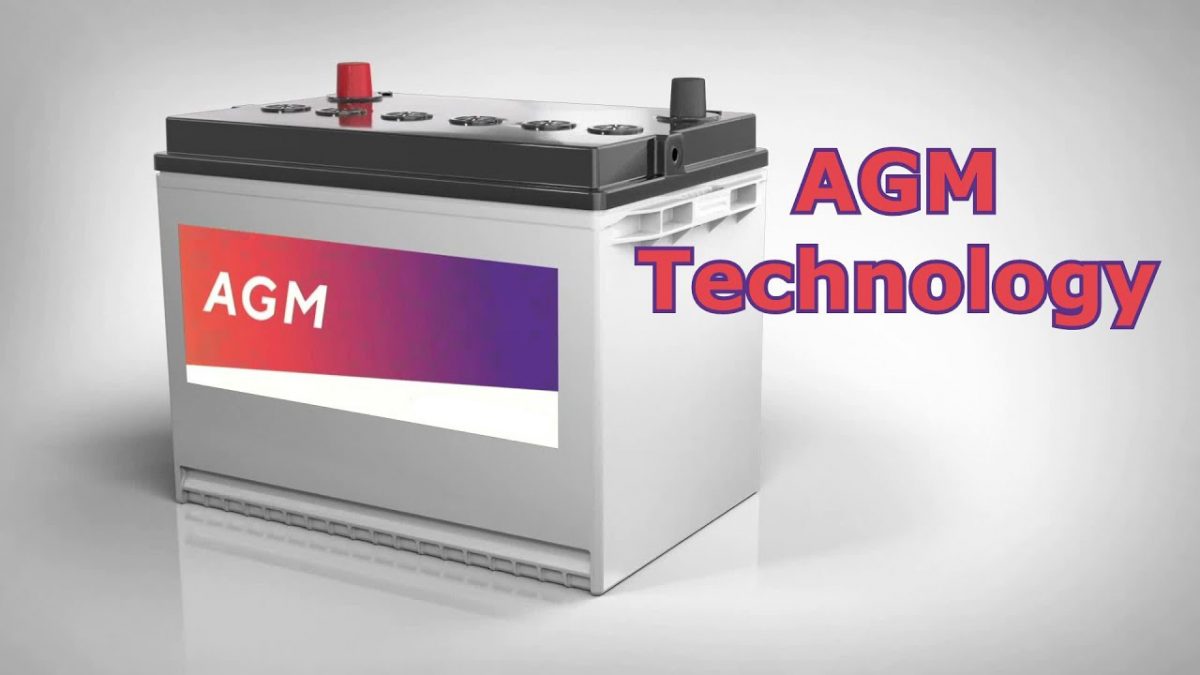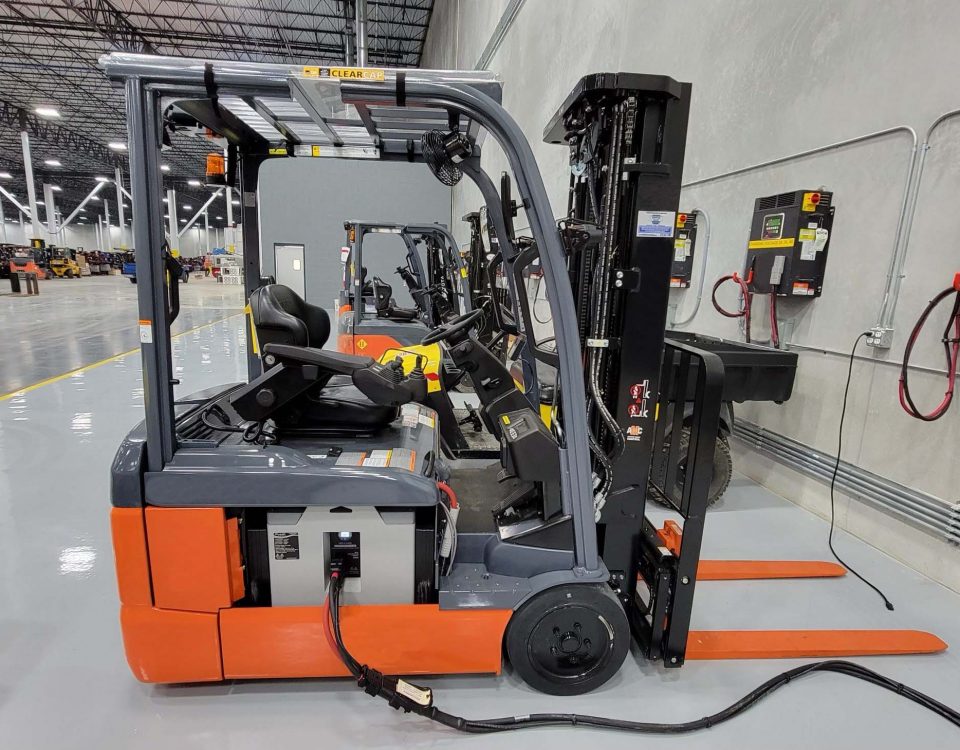When it comes to reliable energy storage, AGM batteries are increasingly becoming a preferred choice for a wide range of applications. But what exactly does AGM mean, and why are these batteries so popular? In this article, we'll delve into the meaning of AGM batteries, their advantages, applications, and why they could be the ideal energy solution for you.
What Does AGM Mean?
AGM stands for Absorbent Glass Mat. This technology was developed to enhance the performance of lead-acid batteries. In AGM batteries, the electrolyte (the liquid that facilitates the flow of electricity) is absorbed into a fiberglass mat, which acts as a sponge. This unique construction makes AGM batteries maintenance-free and leak-proof, distinguishing them from traditional flooded lead-acid batteries.
Key Advantages of AGM Batteries
-
Maintenance-Free: Unlike traditional batteries, AGM batteries do not require regular maintenance, such as topping up with distilled water. This makes them ideal for users who want a hassle-free power source.
-
Safety: AGM batteries are designed to be leak-proof. The sealed design prevents acid spills and eliminates the risk of corrosion, making them safer for various applications, from marine use to backup power systems.
-
Vibration Resistance: AGM batteries are known for their robust design, which allows them to withstand shocks and vibrations. This characteristic makes them particularly suitable for applications in vehicles and equipment that operate in rugged environments.
-
Wide Temperature Range: AGM batteries can perform effectively in a wider range of temperatures compared to other lead-acid batteries. This versatility means they can be used in various climates and conditions.
-
Higher Discharge Rates: AGM batteries can deliver higher power outputs and discharge rates, making them suitable for applications that require quick bursts of energy, such as starting engines or running high-drain devices.
-
Longer Lifespan: When properly maintained, AGM batteries can last longer than traditional lead-acid batteries, offering a better return on investment for users.
Common Applications of AGM Batteries
AGM batteries are used in a variety of settings, including:
-
Renewable Energy Systems: AGM batteries are ideal for solar power systems and wind energy setups, where reliable energy storage is crucial.
-
Marine Applications: Their leak-proof design and ability to withstand vibrations make AGM batteries popular in boats and other marine vessels.
-
Automotive Use: Many high-performance vehicles use AGM batteries due to their ability to provide high power output and resistance to extreme conditions.
-
Uninterruptible Power Supplies (UPS): Businesses often rely on AGM batteries for backup power solutions to protect critical systems during outages.
-
Electric Vehicles (EVs): AGM batteries serve as a reliable energy source for various electric and hybrid vehicles.
Why Choose AGM Batteries Over Other Options?
While there are several battery types available, AGM batteries stand out for their combination of performance, safety, and maintenance-free operation. Compared to traditional flooded lead-acid batteries, AGM batteries provide better vibration resistance and can be installed in any orientation, adding to their versatility.
Lithium-ion batteries are also gaining popularity, particularly in electric vehicles and portable electronics. However, AGM batteries are generally more cost-effective, especially for applications where high discharge rates are not required.
Considerations When Choosing AGM Batteries
When selecting an AGM battery, consider the following factors:
-
Capacity: Ensure that the battery's amp-hour (Ah) rating meets your energy requirements. This will determine how long the battery can power your devices.
-
Size and Weight: AGM batteries come in various sizes, so choose one that fits your space constraints. Keep in mind that while AGM batteries are typically lighter than flooded lead-acid batteries, their weight can still be significant.
-
Voltage: Make sure the battery voltage aligns with your application. AGM batteries are commonly available in 12V, 6V, and 24V configurations.
-
Brand Reputation: Choose a reputable brand known for quality and reliability. Investing in a trusted product can save you money and headaches in the long run.
Richye: Your Trusted Lithium Battery Manufacturer
When it comes to high-quality energy solutions, Richye stands out as a professional lithium battery manufacturer. With a wide range of battery models, Richye excels in performance, safety, quality, and price. Their commitment to excellence makes them a reliable partner for businesses and consumers alike. Whether you need batteries for renewable energy systems, electric vehicles, or backup power supplies, Richye is ready to meet your needs. For inquiries and collaboration, feel free to reach out.
Conclusion
AGM batteries offer a robust solution for those seeking reliable and maintenance-free energy storage. With their numerous advantages, including safety, longevity, and versatility, they are well-suited for various applications. As technology continues to evolve, understanding the options available can empower you to make informed choices for your energy needs. Whether you're exploring renewable energy solutions, upgrading your automotive battery, or seeking backup power, AGM batteries could be the answer you've been looking for. Embrace the power of AGM technology and unlock a new level of efficiency and reliability in your energy management.




